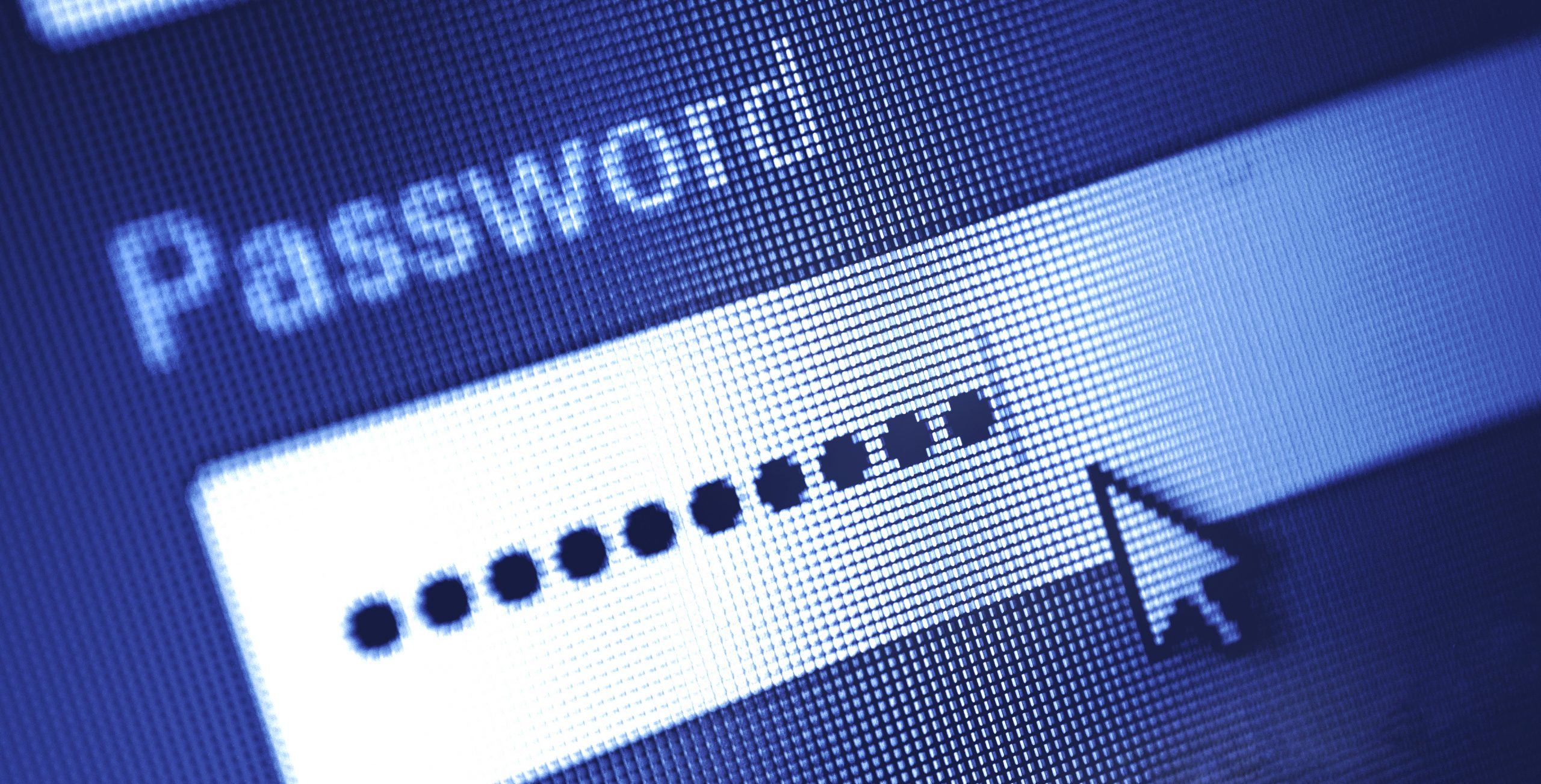 Facebook CEO Mark Zuckerberg apparently didn’t read the warning about using different passwords to protect online accounts.
Facebook CEO Mark Zuckerberg apparently didn’t read the warning about using different passwords to protect online accounts.
Sources told The Wall Street Journal that Zuckerberg’s Twitter and Pinterest accounts were hacked over the weekend. Per the paper, Zuckerberg utilized the same password — “dadada” — to protect each account. That password had appeared last month in a database of more than 100 million usernames and passwords that was stolen from LinkedIn back in 2012, it said.
Screenshots taken by Engadget show hacker group OurMine, using their now-suspended Twitter account, to alert Zuckerberg (@finkd) of their takeover on Sunday, saying “Hey @finkd we got access to your Twitter & Instagram & Pinterest, we are just testing your security, please dm us.”
Representatives from Facebook, Instagram, Pinterest and Twitter did not immediately respond to Credit.com’s request for comment. Facebook did tell Engadget that the hackers didn’t get access to any of its accounts or systems.
Why Strong Passwords Are Important
Zuckerberg’s reported hack serves as a strong reminder not to skimp on password security. “Dadada” may not be on the list of 25 passwords you should never use, but it certainly wasn’t the most secure one out there, given that it’s short, repeats characters and doesn’t vary the types of characters used with numbers or symbols (all generally considered good password rules of thumb.)
And, while it may not seem like that big a deal to have a social media account compromised, using the same passwords across accounts, could open you up to other vulnerabilities, including card fraud or deeper identity theft. A thief, for instance, could potentially gain access to your bank account if it’s protected by the same password as a social media account that got compromised.
It’s generally a good idea to go through your passwords and update them regularly, making sure you are using secure passwords, unique to each site. And, if you ever think your personal information has been compromised, you may want to monitor your credit accounts or even freeze your credit reports. Sudden changes in your credit scores can be a sign your identity has been stolen. You can get two of your credit scores for free, updated each month, on Credit.com
This article originally appeared on Credit.com and was written by Brooke Niemeyer.










